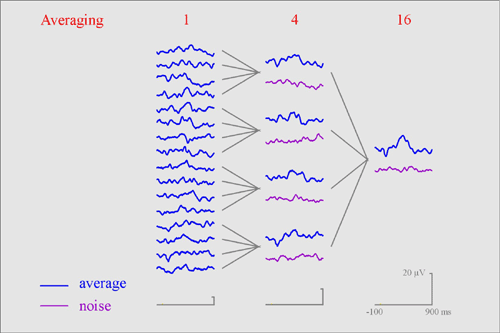Bearer securities
Bearer securities are completely negotiable and entitle the holder to the rights under the security (e.g. to payment if it is a debt security, and voting if it is an equity security). They are transferred by delivering the instrument from person to person. In some cases, transfer is by endorsement, or signing the back of the instrument, and delivery.
Regulatory and fiscal authorities sometimes regard bearer securities negatively, as they may be used to facilitate the evasion of regulatory restrictions and tax. In the United Kingdom, for example, the issue of bearer securities was heavily restricted firstly by the Exchange Control Act 1947 until 1953. Bearer securities are very rare in the United States because of the negative tax implications they may have to the issuer and holder.
A bond or share that is considered to be owned by the person who has it in their possession, rather than by a named person.
Bonds may be registered or they may be issued in the form of bearer securities.


